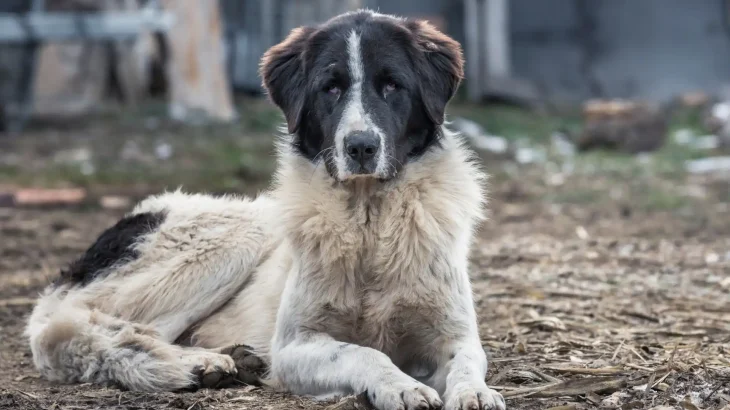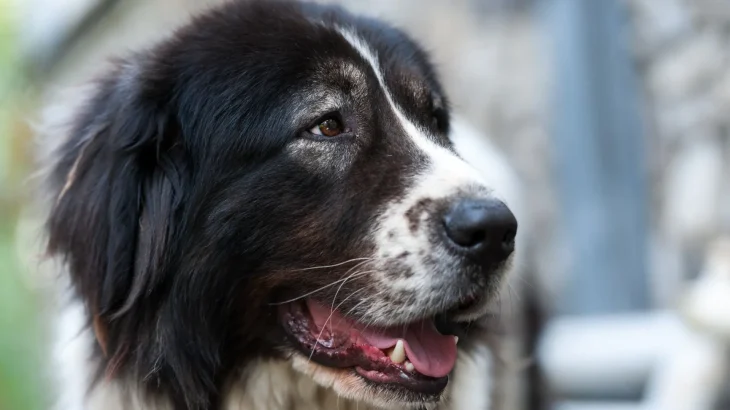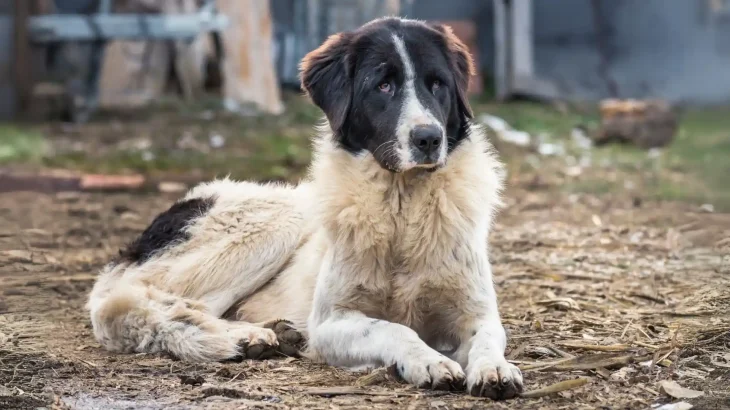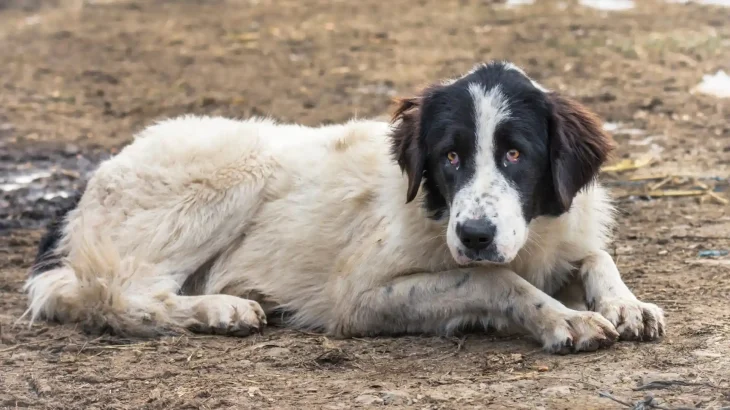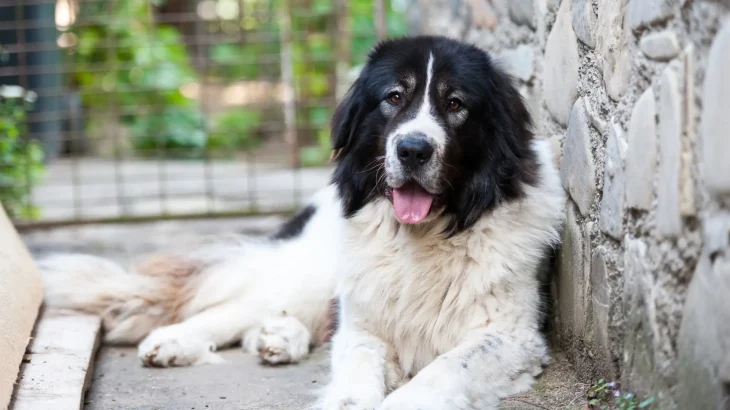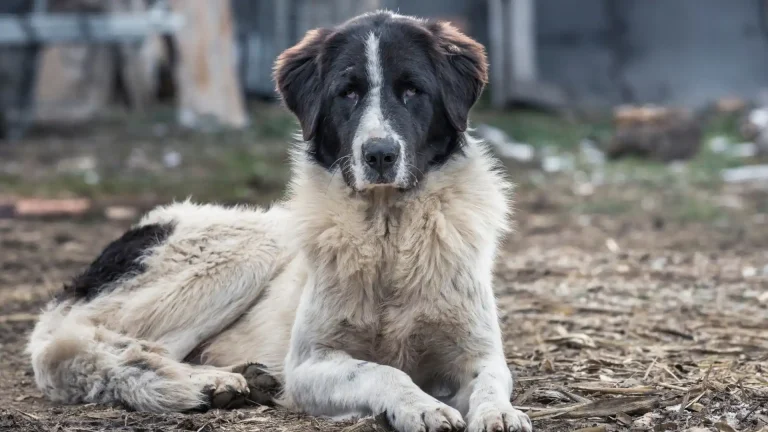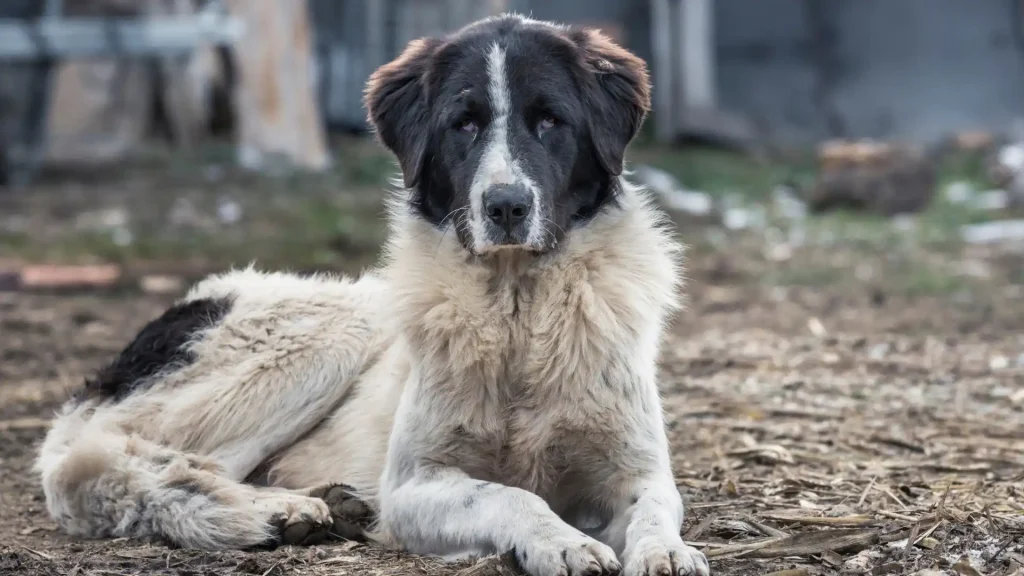Choosing whether to adopt or purchase a Bukovina Sheepdog puppy depends on your priorities such as cost, health assurances, and ethical considerations. Purchasing from a breeder usually offers more detailed health and pedigree information, while adoption supports giving a home to a dog in need, though options for this specific breed may be limited.
| Criteria | Buying from Breeder | Adopting from Shelter/Rescue |
|---|---|---|
| Cost | Higher initial cost, reflecting purebred status and breeder investment. | Lower adoption fees, making it more budget-friendly. |
| Health History | Detailed health and genetic screening usually available from reputable breeders. | Health history may be limited or unknown; general health checks typically performed. |
| Age Availability | Primarily puppies, allowing you to raise the dog from an early age. | Variety in ages available, often including adults. |
| Temperament Insight | Breeders can provide insight into lineage temperament traits based on parent dogs. | Temperament may be assessed by shelter staff but full background may be uncertain. |
| Ethical Considerations | Important to seek ethical breeders to support responsible breeding. | Supports animal welfare by providing homes to dogs in need. |
| Breed Purity & Pedigree | Clear documentation for breed purity and pedigree is typically provided. | Breed purity often uncertain, especially with less common breeds like Bukovina Sheepdog. |

